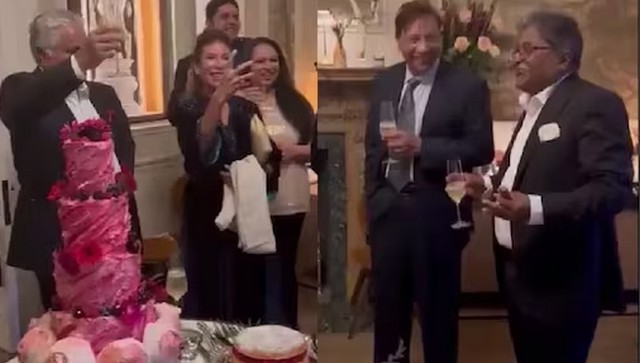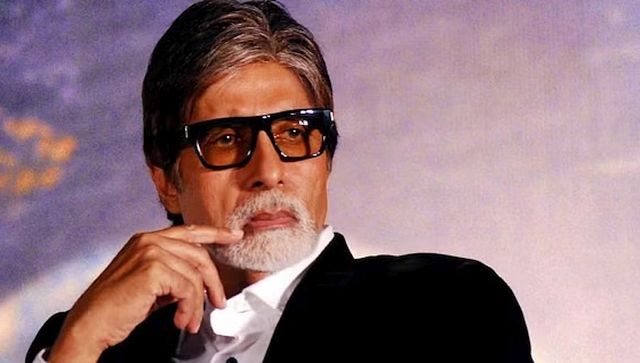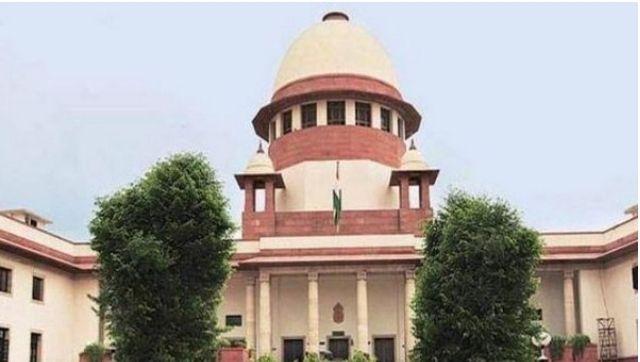The tone-deaf UPA government appears suddenly to be sensitive to the moral and political pressure exerted by Team Anna to frame an anti-corruption agency, but in the fine details of its actions, there is still much mischief afoot.
Displaying uncharacteristic agility, the Union Cabinet cleared what it claimed were three major anti-corruption bills – on judicial accountability, on enforcing a citizen’s charter, and on protecting whistleblowers.
Coming just a day ahead of today’s all-party meeting to finalise the draft of the Lokpal Bill, to be introduce in Parliament, the frenzied action was perhaps intended to signal the government was earnest about combating corruption. Media headlines certainly appear to convey that sentiment.
But since the substance of the three bills as approved by cabinet is cloaked in secrecy, even legal experts who have been campaigning for long for these measures are in the dark about its provisions. They are therefore justifiably sceptical about the bills – and, at least until the details are made known, they are right to be wary.
As Prashant Bhushan, one of the core members of Team Anna, who has been campaigning for long for a Judicial Accountability Commission, noted on CNN-IBN, if the judicial accountability bill as passed by the Cabinet yesterday is the same as the ones that had been under consideration earlier, it doesn’t go far enough .
“That bill does not set up any system for any criminal investigation of corruption in the judiciary,” he noted. All it does is talk of “judicial misconduct” – which is different from corruption. And even with misconduct, the bill as was under consideration earlier, sets up an oversight committee – to which a complaint against a judge would go - and a screening committee, to which the complaint would be sent next.
Watch video:
The screening committee as envisaged would consist of two brother judges of the same court and one retired retired chief justice of the same court. Such an incestuous arrangement – of brother judges sitting in judgement over their peers –doesn’t augur well for the credibility of the process.
Even the oversight committee consists of two judges and two members appointed by the government, and in that sense is neither independent of the judiciary nor of the government. Bhushan’s long-standing demand has been that the Judicial Accountability Commission should a full-time body that is fully independent of both the government and the judiciary.
Former Solicitor-General Harish Salve, who too said he hadn’t seen the details of the bills as approved by Cabinet, says that Bhushan’s scepticism of the independence of the judicial accountability mechanism is undestandable.
Pointing to the Chief Justice’s comments – that “a citizen is entitled to a clean man in a black robe” – Salve said: “If we had clean men in black robes, we wouldn’t need a Judicial Accountability Commission.”
Given that need, the system that is being created “should not look incestuous,” he adds. “If you have colleague brothers judging the conduct of fellow judges, you have not improved institutional credibility,” says Salve.
Even the standing committee of parliament had observed that it was unwise to have judges from the same court, and if the bill as approved by Cabinet had retained that provision, there is a problem, he adds.
But in his estimation, “the most crying need” is to fix the process of appointment of judges, and in that context, the present system of appointments, which had been around since 1991, has not worked. “It cannot be a case of ‘of the judiciary, for the judiciary, by the judiciary’ as it is now.”
Bhushan rebutted the criticism that Team Anna was dictating every punctuation mark in the proposed pieces of anti-corruption legislation, and usurping the parliament’s right to make law. “If you want a credible arrangement, you must set up a body independent of the government that is empowered to investigate charges and punish the guilty… If you set up bodies that are riddled with conflicts of interest or are not empowered to criminally investigate judges for corruption, and then you claim that you have brought this bill, it amounts to window-dressing.”
The government, says Bhushan, is trying to make a show that they are serious about dealing with corruption, but it ultimately depends on the details in the bill.
Salve said that while he did not agree with Team Anna’s “my way or the highway” approach, he felt that it was “perfectly within its rights to say ‘give us the details of the bill and let us debate.’”
Citizens should be able to discuss bills that parliament was considering and be free to debate their merits in public spaces. “This notion of secrecy under which governments operate must end.”
)
)
)
)
)